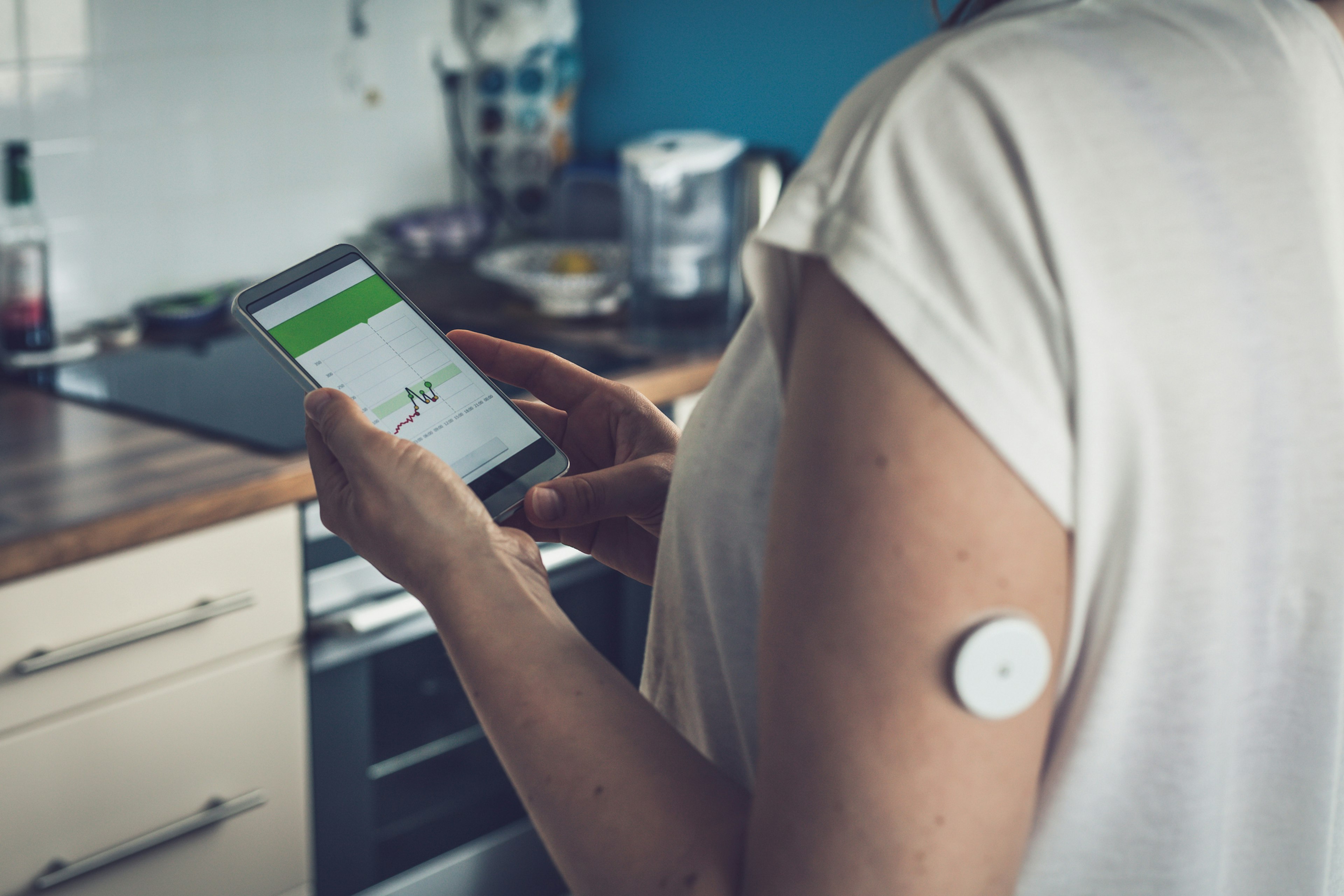

Having worked at a top healthcare PR firm for several years, there is one thing I know for certain -- the industry, historically speaking, has been extremely slow to adopt new technologies. From challenges to really understand healthcare consumerism to regulatory, compliance and security hurdles, our sector lags behind just about every other industry when it comes to digital transformation.
This was still the case heading into 2020. Then COVID-19 hit. The pandemic has since accelerated HealthIT growth and adoption. And our industry will never be the same.
While there are hundreds of innovations that have proved critical as the world navigates this current health crisis, here are four healthcare technologies accelerating in a COVID-19 world:
Virtual Care -- At the start of the pandemic, many healthcare providers were forced to make the switch from in-person appointments to virtual care visits nearly overnight. Interestingly, while telehealth -- perhaps the most popular and important virtual care technology -- had been around for decades, the majority of providers did not offer or use telehealth prior to the pandemic. The rapid adoption of virtual care tools has proven to the healthcare industry that there is technology that succeeds in improving health outcomes, while also boosting operational efficiency and enabling providers to see more patients. For example, ARPR client Updox onboarded more than 10,000 new customer users to its HIPAA-compliant telehealth solution in just two weeks at the start of the pandemic. Today, the company continues to facilitate up to 45,000 telehealth visits per day between patients and their doctors.
Digital Health -- Similar to telehealth, widespread adoption and use of remote patient monitoring (RPM) was severely lagging -- and quite frankly, struggling to get off the ground -- until COVID swept the nation. But during periods of quarantines and shutdowns, digital health tools like RPM enabled providers to continue monitoring and treating at-risk patients. For the 6 in 10 US adults living with a chronic condition, the ability to use digital health tools could be a matter of life or death. As a result, it’s of little surprise the digital health market -- including RPM adoption -- is expected to grow by nearly 30% within the next five years.
Cybersecurity for Healthcare & Medical Devices -- As if serving on the front lines, treating and triaging patients during the pandemic wasn’t enough, healthcare organizations have also had to deal with a surge of cyberattacks amid COVID-19. While cyberattacks against hospitals have been on the rise for years, hackers have been particularly targeting employees working from home as healthcare turns virtual. And while some believe the worst is yet to come, next-generation cybersecurity solutions have been deemed valuable in fighting off and protecting healthcare systems, hospitals and medical devices from such threats. Tools like Cynerio, MedCrypt and Aurora are examples of healthcare security solutions meeting today’s healthcare cyber challenges.
Healthcare Data Analytics -- Despite healthcare complexities, data analysis provides an avenue for improvement in health system management, patient engagement, spending and diagnosis. And one of the glaring lessons learned from COVID-19 is that our industry needs better data collection to truly understand how to optimize care and effectively streamline resources. Healthcare analytics platforms are key to meeting the needs for COVID recovery and beyond, which is why we have seen more and more healthcare organizations partner with big tech -- AWS, Google, IBM -- the last several months. This is a trend that won’t, and quite frankly, shouldn’t slow down any time soon.
As a leading healthIT PR agency, we’re helping companies like yours maintain their marketing momentum and launch innovative solutions during the COVID-19 pandemic. Check out some of our recent work.